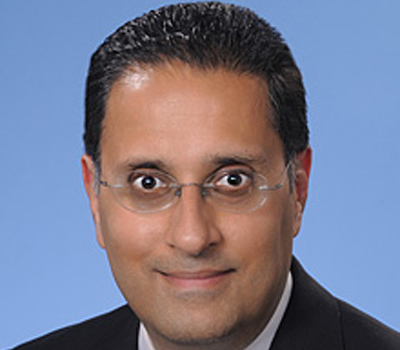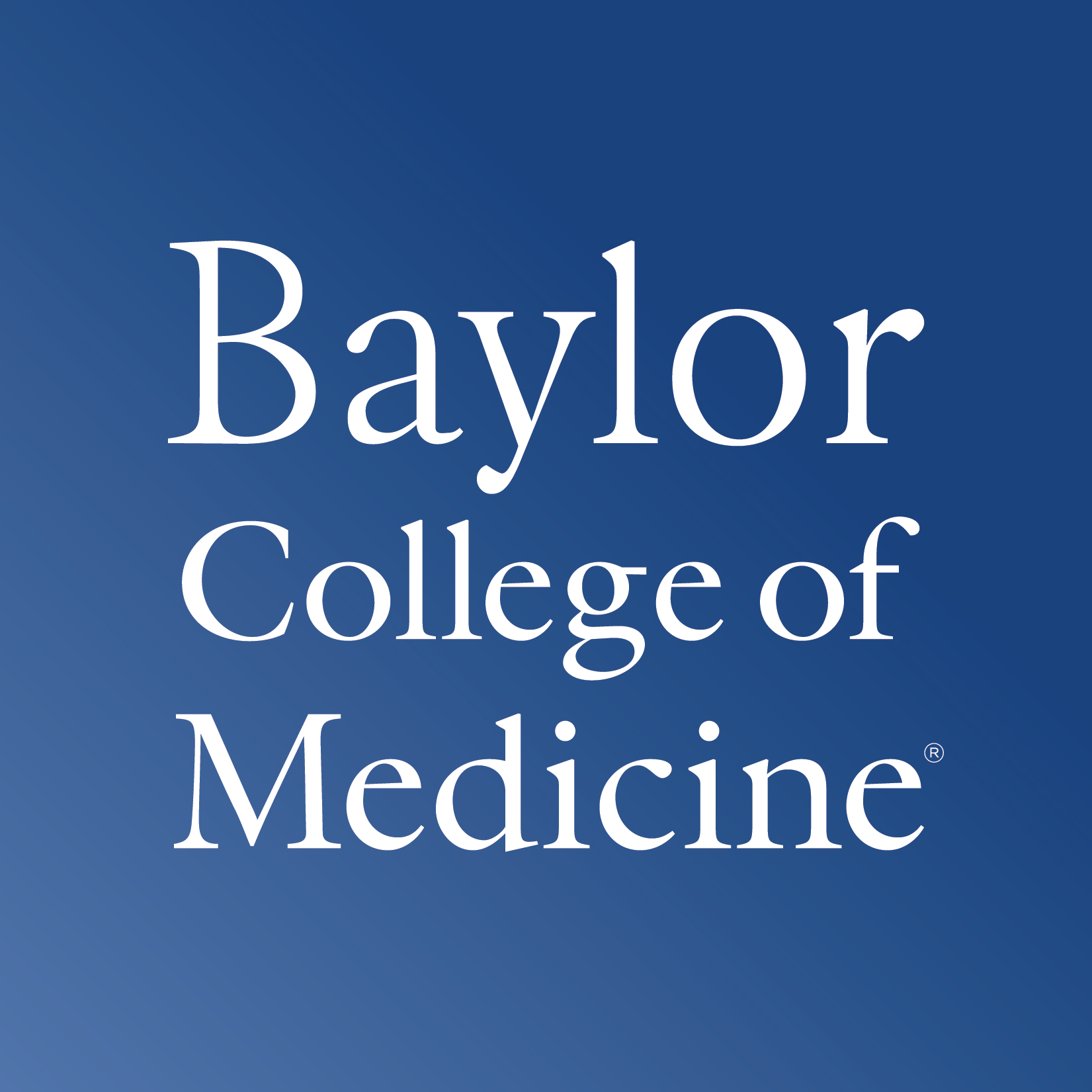Dr. Hardeep Singh identifies problems and solutions for the high rate of misdiagnoses errors
12 million Americans each year could be affected by misdiagnoses errors and of those misdiagnoses errors, six million could potentially cause harm. Therefore, it has become increasingly important to study when these errors occur and the ways in which we can reduce their occurrence. Dr. Hardeep Singh, of Baylor College of Medicine, is actively investigating ways to identify these errors and furthermore, ways to improve the current system. His renowned research has created a ripple in the scientific community world-wide as he has begun to implement changes that will affect each of us during our encounters with healthcare providers.
Dr. Singh was the first to provide robust population-level data on the impact of misdiagnoses errors in outpatient care settings. He has been awarded the prestigious Presidential Early Career Award for Scientists and Engineers, the Academy Health 2012 Alice S. Hersh New Investigator Award for high-impact research of international significance and has heavily published as well as been cited in several national policy reports due to his incredible scientific contributions. In addition, as as result of his scientific contributions, he was appointed by the U.S. Secretary of Health and Human Services to the Clinical Laboratory Improvement Advisory Committee in 2013. Therefore, his highly-regarded research has significant implications for the worldwide community and already has proven success.
Dr. Singh's research focuses on three primary goals:
-
Understanding and reducing diagnostic errors: In order to reduce diagnostic errors, the medical community must first determine how to measure, detect, and identify current diagnostic errors. Dr. Singh is currently focused on creating an organizational infrastructure in order to collect types of errors and therefore allow hospital systems to fix the errors that are occurring. By analyzing the data within electronic health records (EHR), Dr. Singh can better understand patterns of care that may expose diagnostic errors.
-
Using health information technology to reduce diagnostic errors: One important way that Dr. Singh identifies and works to reduce diagnostic errors is by using health information technology. The computer system is able to identify when proper procedures were not followed and therefore, can help medical professionals understand when they have forgotten something important or perhaps misinterpreted results.
- The intersection between health information technology and patient safety: In the last 5-7 years, medical professionals have swiftly implemented the use of health information technology. This implementation has provided useful opportunities for patients to be more engaged in their healthcare and for providers to communicate more easily with one another and with patients. Unfortunately, we have also realized that health information technology is prone to failures, glitches, and downtime. Dr. Singh has found that often times, the unintended consequences are resulting in patient harm. Therefore, he is using the data he has collected to improve patient safety and the use of electronic health records.
Bio
Dr. Hardeep Singh, associate professor of medicine at Baylor and chief of the Health Policy, Quality and Informatics Program at the Houston VA Center for Innovations in Quality, Effectiveness and Safety, wasrecently elected to the American College of Medical Informatics. ACMI is an honorary College of elected informatics fellows from the U.S. and abroad who have made significant and sustained contributions to the field of medical informatics and who have met rigorous scholarly scrutiny by their peers. Singh and the other fellows will be inducted next week during the American Medical Informatics Association 2014 Annual Symposium on Biomedical and Health Informatics in Washington, D.C.
Hardeep Singh, M.D., M.P.H. is a practicing internist and a nationally recognized leader in research, policy and clinical practice initiatives related to improving healthcare quality and patient safety. His research focuses on understanding and reducing misdiagnosis in medicine, as well as in using health information technology to deliver safe, effective and high-quality patient care. He has used his research findings to develop and implement clinical practices to reduce missed and delayed diagnoses of patients as well as to create national initiatives to make healthcare safer through the use of electronic health records. This work is supported by several federal research grants, including those from the National Institutes of Health, the Agency for Healthcare Research and Quality and the Department of Veterans Affairs.
For his groundbreaking multidisciplinary research, Hardeep was recently awarded the prestigious Presidential Early Career Award for Scientists and Engineers (PECASE), the highest honor bestowed by the United States government on science and engineering professionals in the early stages of their independent research careers. He received the award from President Obama in April 2014. Hardeep also received the AcademyHealth 2012 Alice S. Hersh New Investigator Award for high-impact research of international significance.
As a result of his scientific contributions, Hardeep was appointed by the U.S. Secretary of Health and Human Services in 2013 to the Clinical Laboratory Improvement Advisory Committee, which advises the Centers for Disease Control (CDC), Food and Drug Administration (FDA) and Centers for Medicare & Medicaid Services (CMS). His work has been published in prestigious medical journals such as the New England Journal of Medicine and Journal of the American Medical Association and has informed several national policy reports. It has also been widely disseminated by media channels and featured by leading national newspapers including The Wall Street Journal, The New York Times and Washington Post.
Hardeep was born and raised in New Delhi, India and attended The Doon School in Dehra Dun, India. He completed his medical school from All India Institute of Medical Sciences and came to the US in 1994 to do residency in Internal Medicine at Baylor College of Medicine in Houston. He then practiced in rural East Texas for 3 years before returning to Baylor College of Medicine as a clinician. In 2005, he started his transition from a clinician to a researcher and has been a federally funded clinician-researcher since 2007.
In the News
NBC News
Texas Medical Association
Modern Healthcare
Baylor College of Medicine
Houston VA Researcher Honored with Prestigious Presidential Award
Baylor College of Medicine
InformationWeek
Modern Healthcare
The Hindu editorial
The Wall Street Journal


